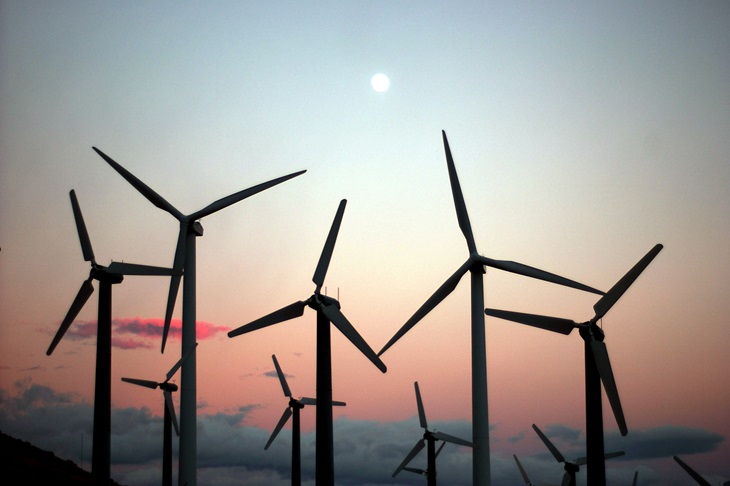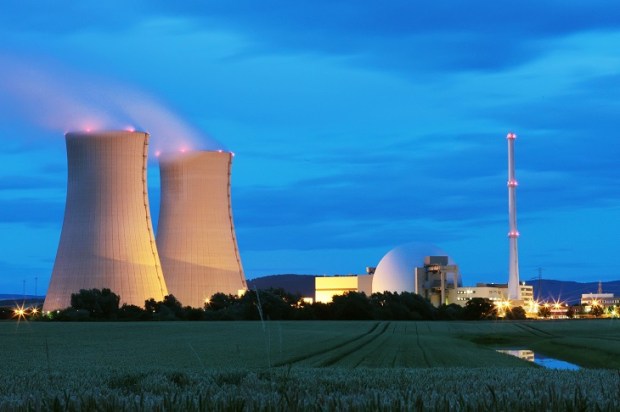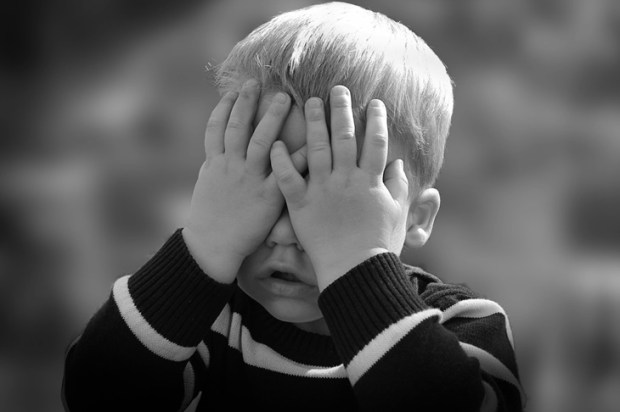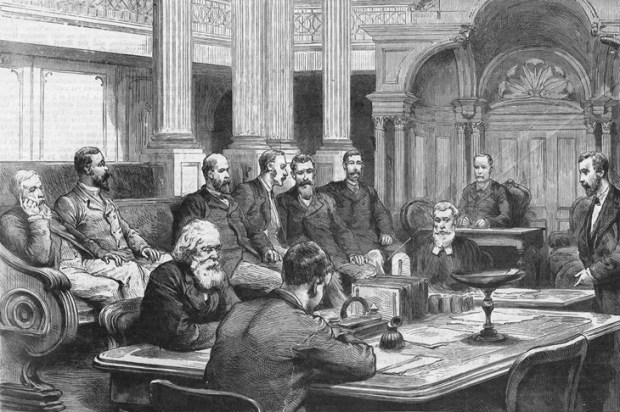In the serene landscapes of rural Victoria, where the Kiewa Valley’s rolling hills and verdant meadows paint a picture of tranquillity, a community finds itself at a turning point. The transition to clean energy, once viewed as a guiding light of hope, has now become a source of contention and uncertainty for the residents of Dederang and the broader Kiewa Valley.
Already a subscriber? Log in
Subscribe for just $2 a week
Try a month of The Spectator Australia absolutely free and without commitment. Not only that but – if you choose to continue – you’ll pay just $2 a week for your first year.
- Unlimited access to spectator.com.au and app
- The weekly edition on the Spectator Australia app
- Spectator podcasts and newsletters
- Full access to spectator.co.uk
Or


























Comments
Don't miss out
Join the conversation with other Spectator Australia readers. Subscribe to leave a comment.
SUBSCRIBEAlready a subscriber? Log in